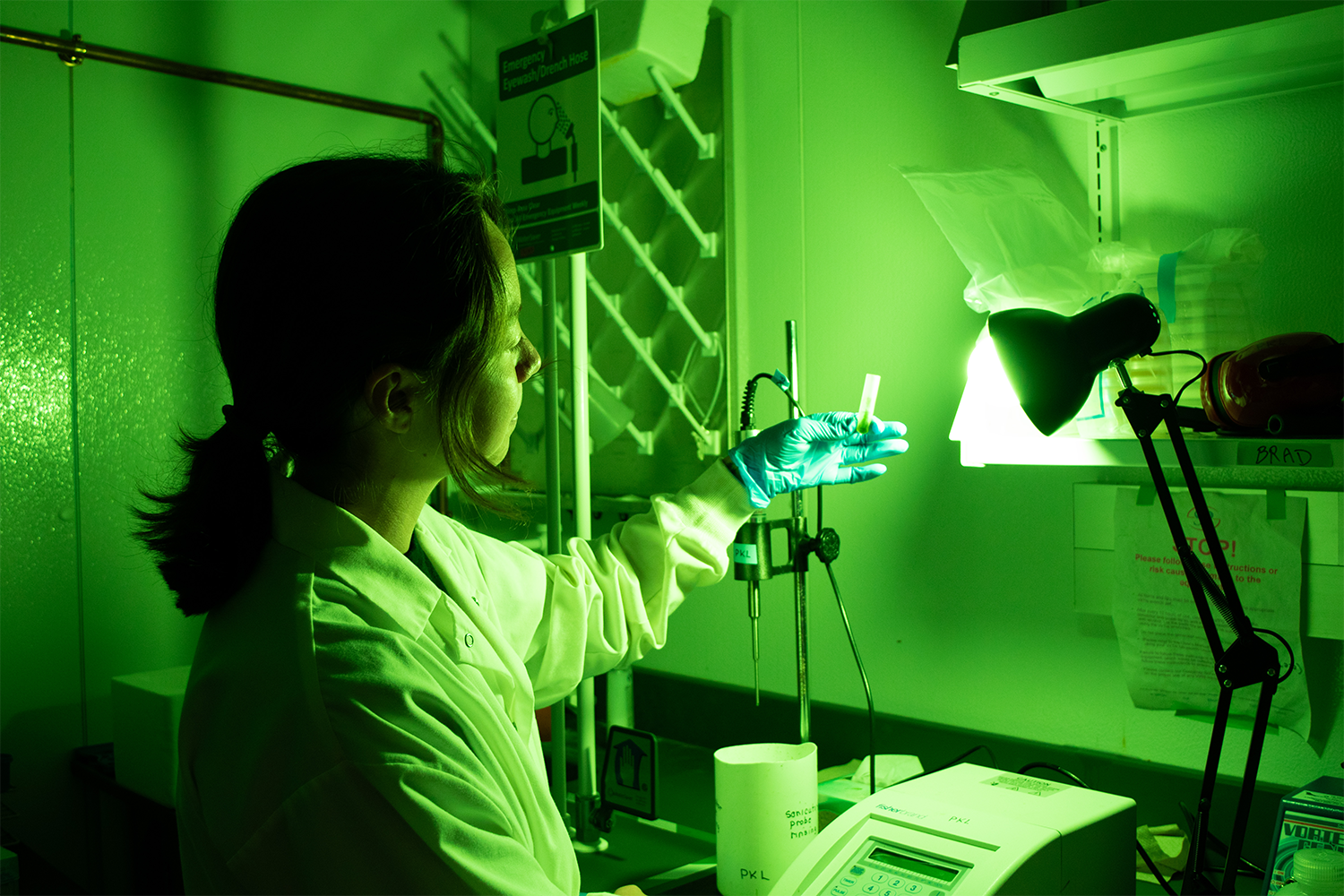
Why Study Plant Science at MSU?
Become a Part of Plant Science Excellence.
Michigan State University is the nation’s premier land-grant institution and a global leader in plant science and agriculture.
MSU has one of the highest concentrations of plant scientists in the world with over 200 plant science faculty. Through a 5,200-acre campus outfitted with research laboratories, greenhouses, and trial farms, as well as 15 outlying agricultural research centers throughout Michigan, MSU fosters an environment where collaboration and innovation are second nature.
Many of MSU’s ecological and agricultural innovations are home-grown in the lab and field, but their applications span the state, nation, and world. Become a part of this renowned legacy of pioneering contributions to plant science research!
Possible Careers
Discover your future career at Michigan State University, a global leader in plant science and agriculture. MSU offers exceptional opportunities to explore careers as an agronomist, biotechnologist, conservation planner, crop adviser, ecologist, educator, farm manager, molecular biologist, plant geneticist, and much more. Join MSU’s legacy of innovation and find your path in the dynamic field of plant science, where your contributions can make a global impact.
Featured Research Centers
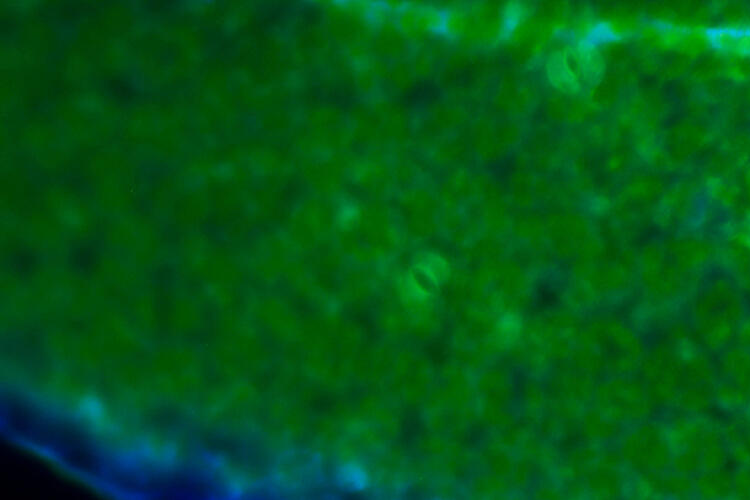
Great Lakes Bioenergy Research Center
The Great Lakes Bioenergy Research Center (GLBRC) is a cross-disciplinary research center led by the University of Wisconsin–Madison. With Michigan State University and other collaborators, GLBRC draws on the expertise of over 400 scientists, engineers, students, and staff to develop sustainable biofuels and bioproducts.
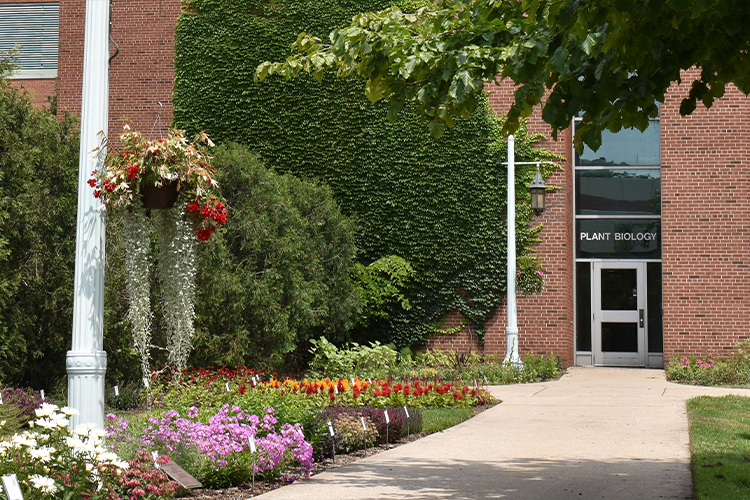
MSU-DOE Plant Research Laboratory
A premier research institute embedded at Michigan State University funded by the US Department of Energy and other funding bodies. Discovering how photosynthetic organisms work on the molecular level, in order, ultimately, to develop technologies that improve human lives.
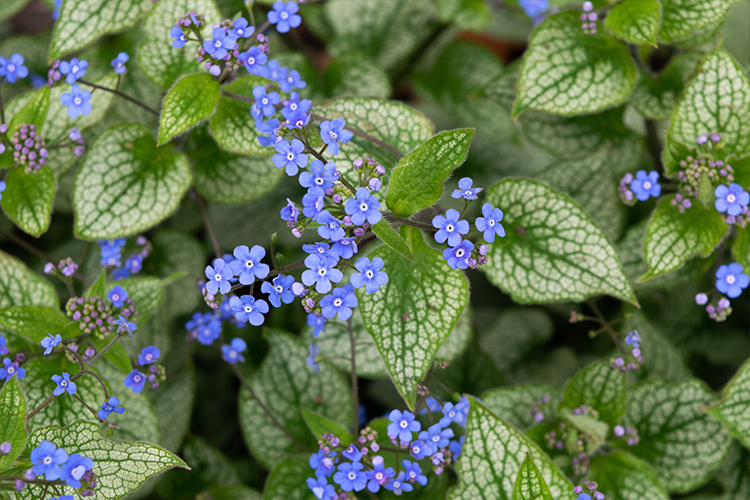
Plant Resilience Institute
The mission of the Plant Resilience Institute (PRI) is to enhance plant resilience to environmental challenges including extremes in weather and to become a “Center of Excellence” for foundational and translational plant research aimed at stabilizing the productivity and quality of food and energy crops against climate fluctuations and uncertainties.
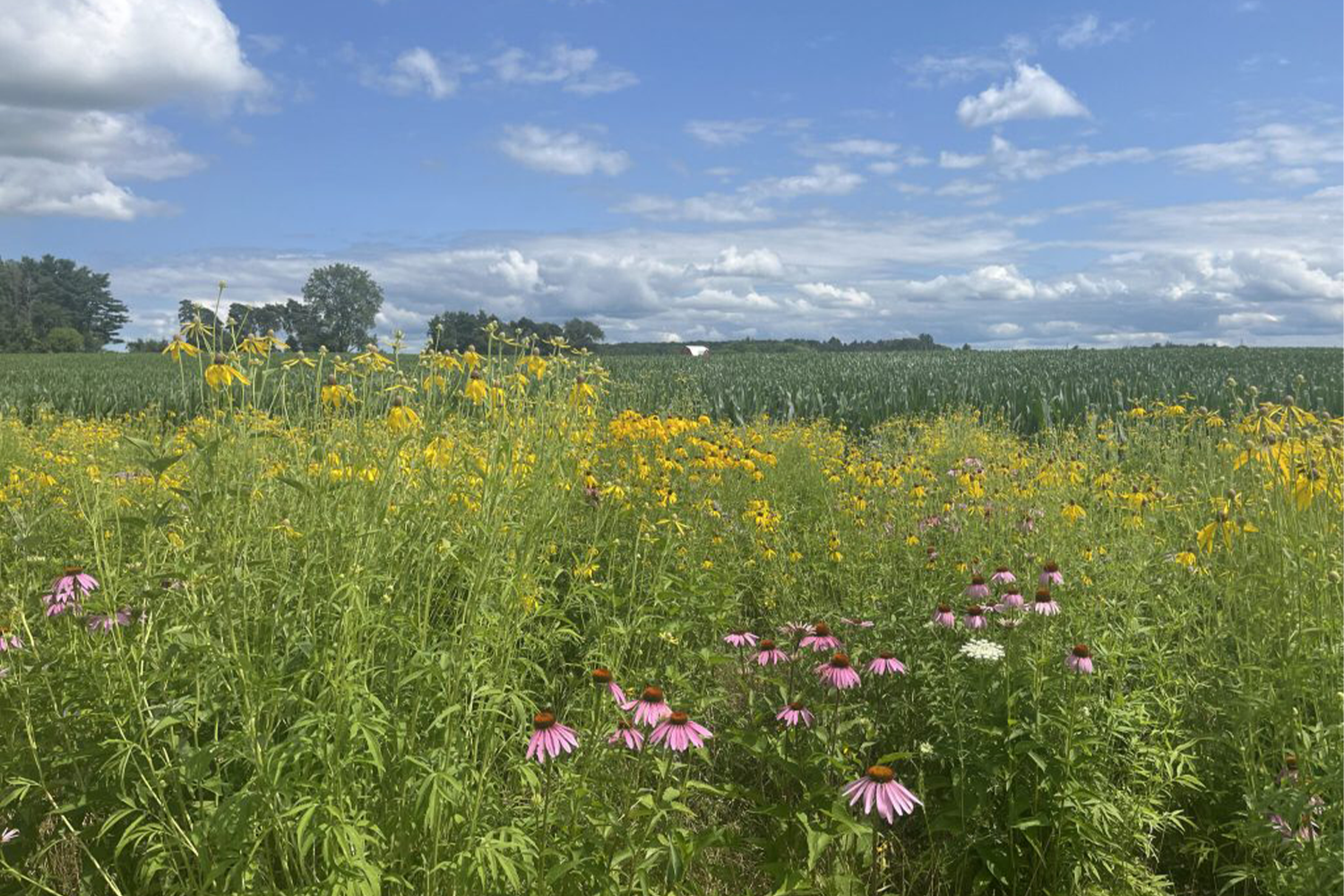
W.K. Kellogg Biological Station
The W.K. Kellogg Biological Station (KBS) is Michigan State University’s largest off-campus education complex and one of North America’s premier inland field stations. KBS is a premier site for field experimental research in aquatic and terrestrial ecology that takes advantage of the diverse managed and unmanaged ecosystems.
*These additional research centers cannot be applied for themselves. Membership is acquired based on participation in other programs or research laboratories.
- MSU Police and Public Safety
- Olin Health Center
- Counseling and Psychiatric Services (CAPS)
- University Health and Wellbeing
- MSU Health Care Inc.
- Civil Rights and Title IX
- Our Commitment
- Center for Survivors
- MSU Misconduct Hotline
- Security & Fire Safety Report
- Notice of Nondiscrimination, Anti-Harassment and Non-Retaliation
- Health Care Notice of Nondiscrimination
